COONAPIP Expands Indigenous Land Titling Operations in Panama
The National Coordination of Indigenous Peoples of Panama (COONAPIP) launched a new effort last week to scale up titling of collective lands and strengthen governance in the Central American nation. COONAPIP met with key government agencies, including the National Land Administration and the National Geographic Institute, and international allies including Rainforest Foundation US (RFUS) and the UN Food and Agriculture Organization (FAO) to reiterate their demands. One of the most critical issues is the ratification of the International Labor Organization’s Convention 169 granting Free, Prior and Informed Consent (FPIC) to any use of indigenous land. Other important topics included the legal recognition of remaining ancestral lands outside of the indigenous provinces (called Comarcas), including collective lands and areas to annex to the Comarcas, as well as advocating for a new Comarca for the Naso people. Finally, the community had a series of specific proposals to speed up collective titling and strengthen practices around indigenous representation, consultation, and participation.
Land Rights
Land tenure security, or legal recognition of ancestral lands, is one of the central prerequisites for effective forest conservation and broader sustainable development anywhere, but it is particularly crucial for marginalized indigenous communities whose cultural survival also depends on securing the lands they have traditionally occupied. Advocating for land rights has been the central objective of the RFUS’s work in Panama over the past decade. It is also the objective of a new grant to COONAPIP from the International Land and Forest Tenure Facility in Sweden.
Over the next two years, COONAPIP, in conjunction with member Congresses and Councils (indigenous traditional authorities) and support from RFUS, will intensify its efforts to map lands that are still awaiting legal titles and prepare title applications for legal recognition. Together, we will need to overcome the obstacles set up by the Ministry of Environment to titling collective lands that are overlapped by protected areas established much later, often without the Free, Prior, and Informed Consent of the indigenous people living on those lands. The Ministry of the Environment’s refusal to approve land titles is an on ongoing and serious violation of the fundamental human rights of indigenous Panamanians, and is the subject of an upcoming hearing at the Inter-American Commission on Human Rights.
Forest Governance
In addition to fighting for legal recognition to their forests, indigenous peoples in Panama are working to establish more effective rules for governing natural resource use. Communities hope to stop the continuous threats from outsiders who often clear indigenous forests for cattle and farms. They are also working to end government-sanctioned mining, transportation, and energy projects on their lands. Their plans for sustainable forest development will take many forms, including internal regulations within communities, co-management of protected lands with the government, as well as standardizing procedures for mapping, monitoring and protecting Panama’s globally important biodiversity and natural resources.








